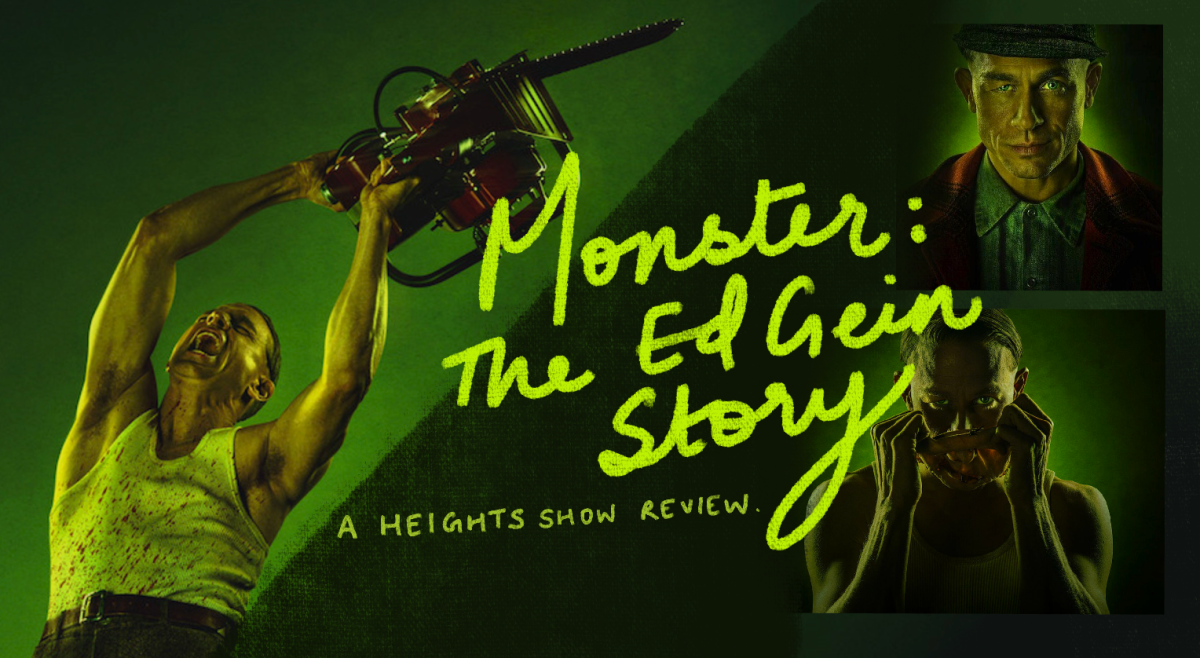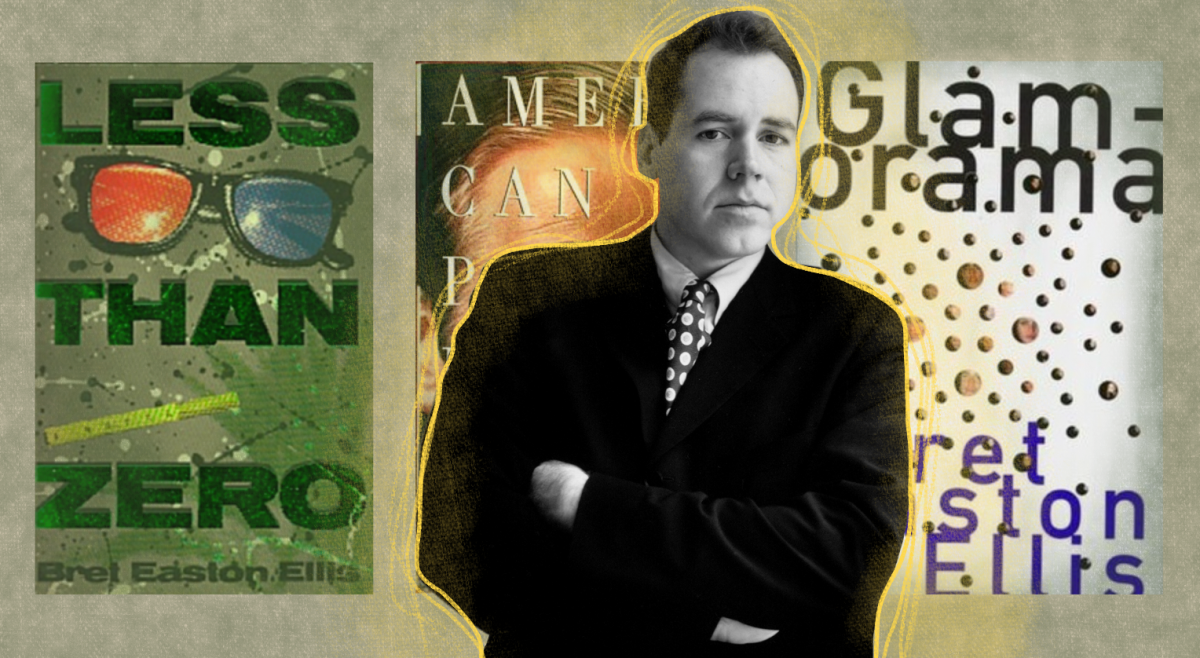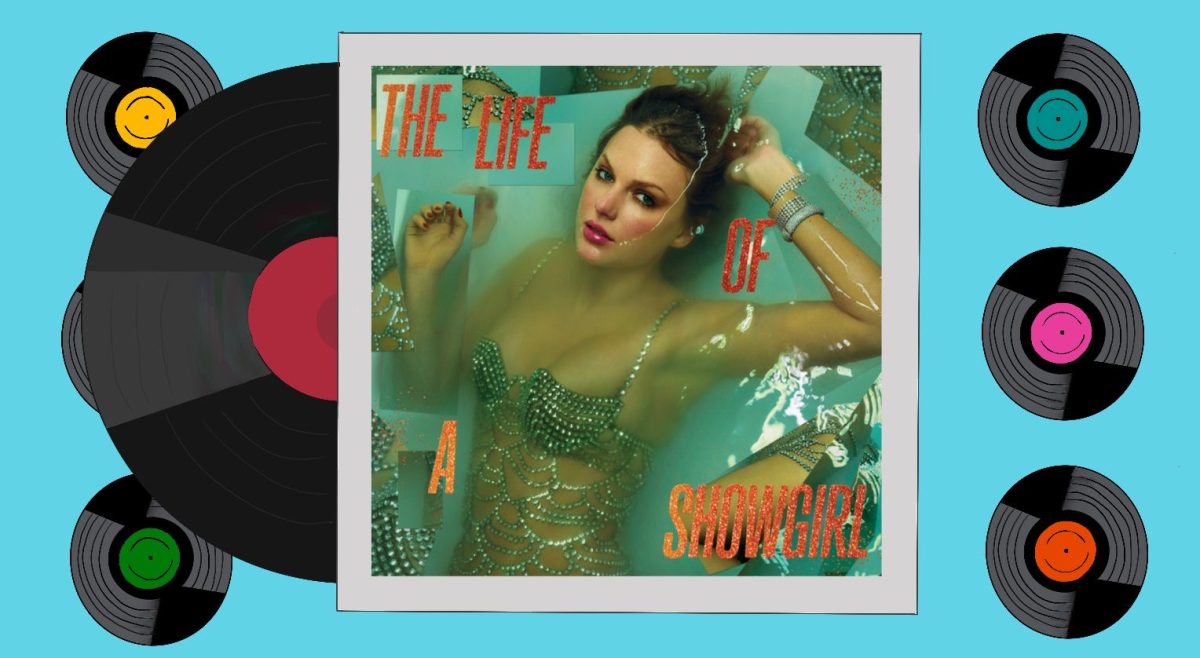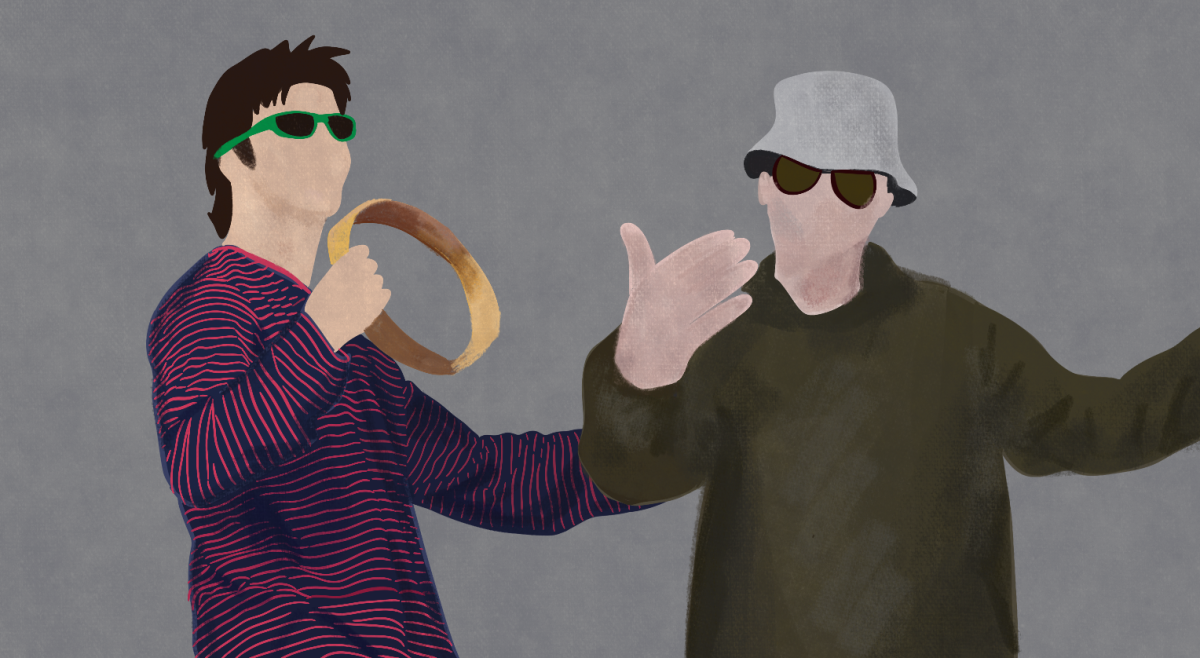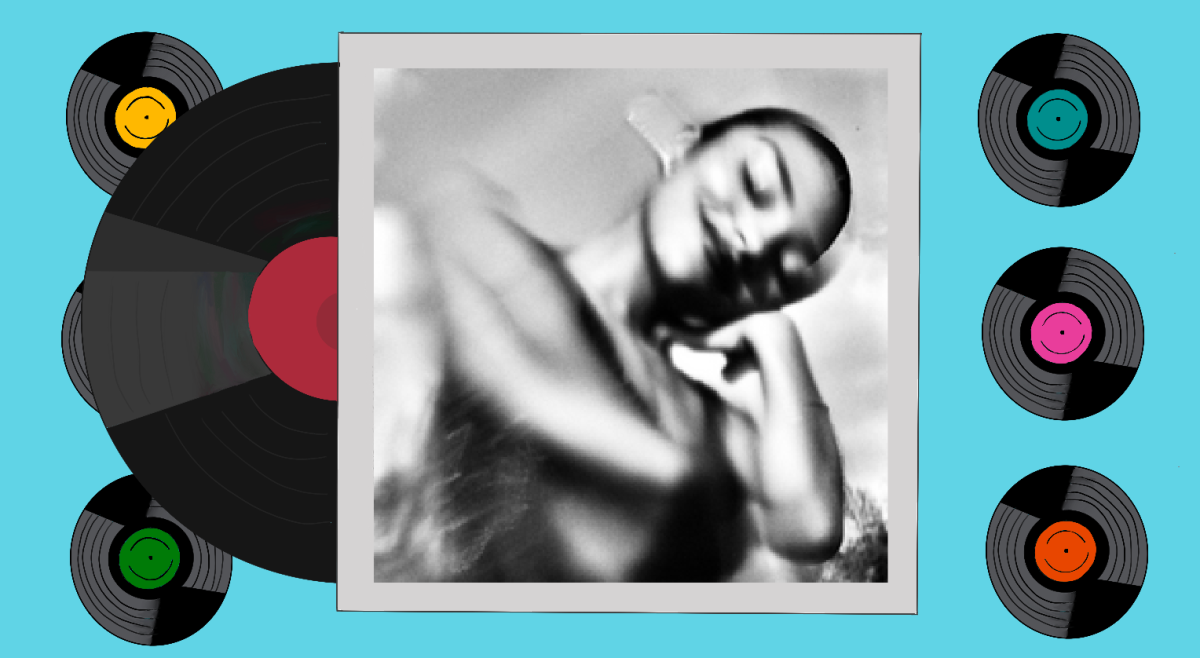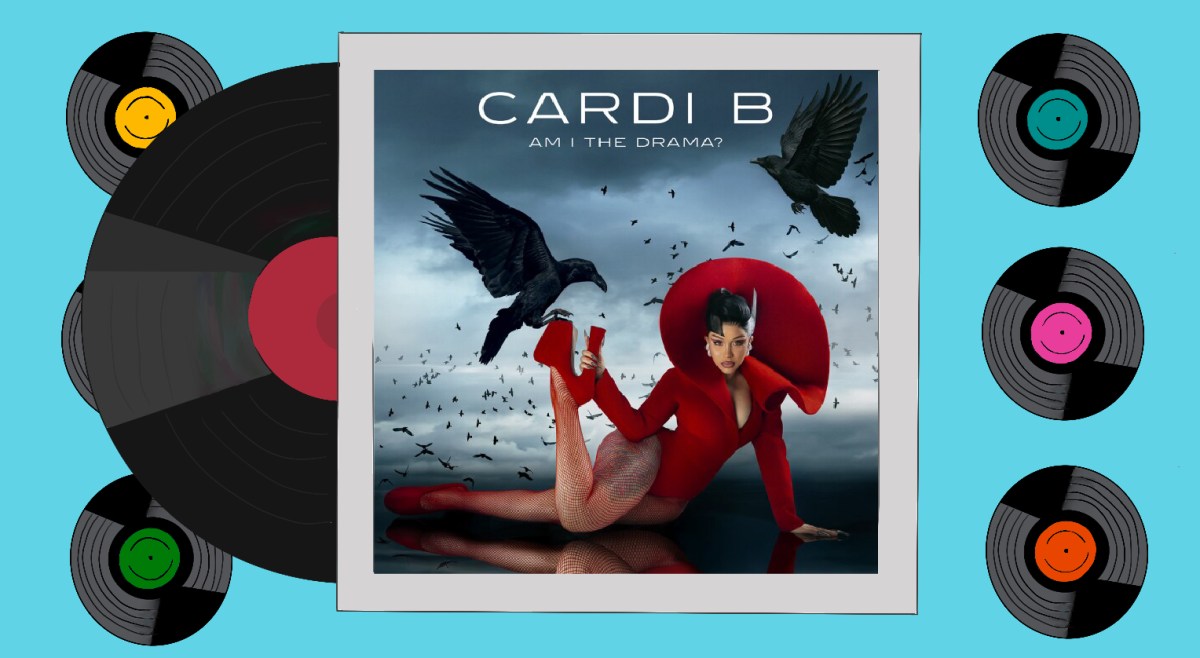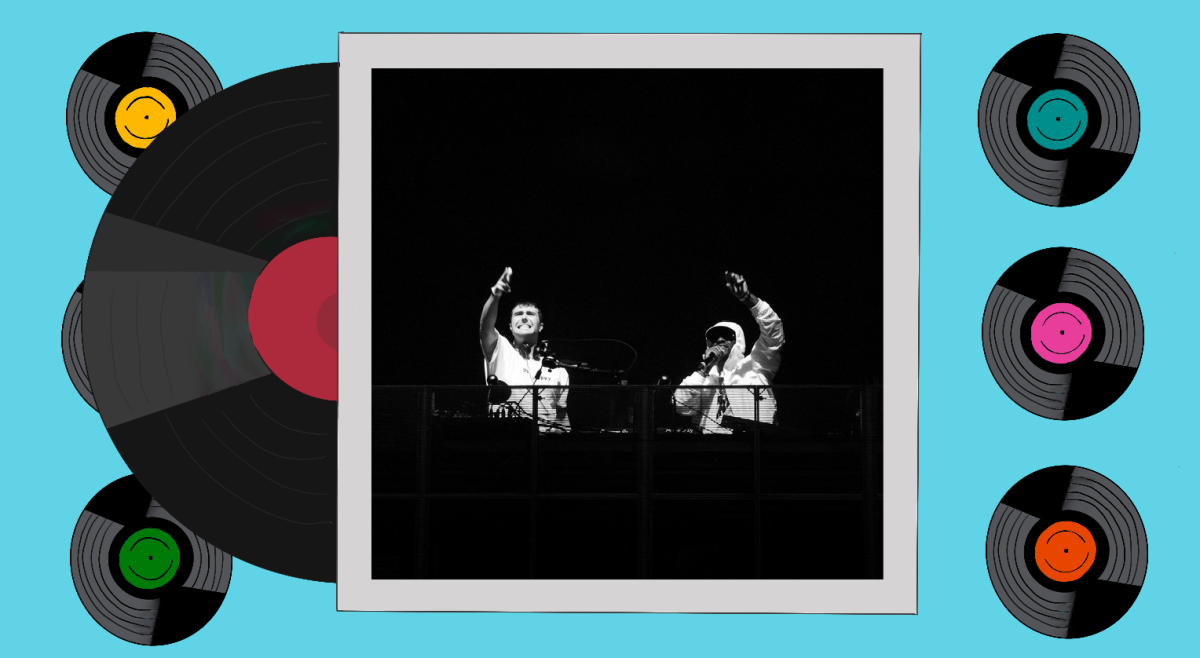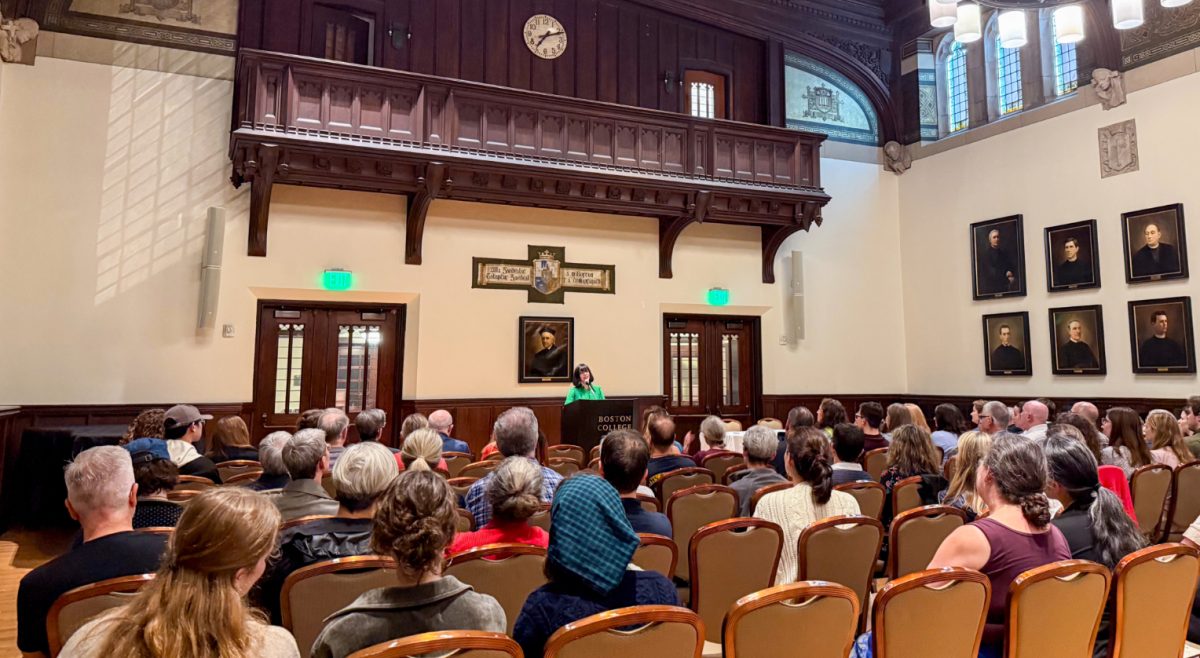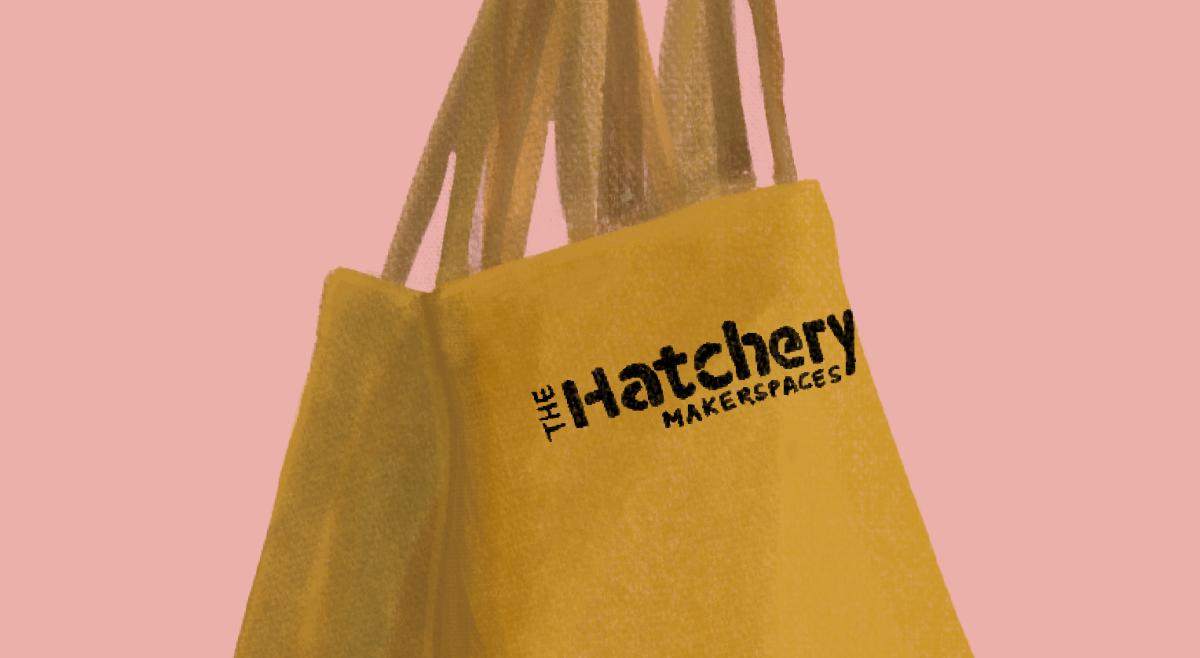In a dreamy, ethereal way, words jettison out from the void. “Love, love love, how do I?” What does he mean? What is he calling to? As in most of its songs, Small Talk’s “Undercover” continues to linger in the mind, long after its flourishing piano accompaniment fades into a resolute silence.
Small Talk is a Boston College-based band with psychedelic indie influences. As the band, comprised of Conor Gallagher, CSOM ’16, Chris Southiere, Berklee ’16, Adam Dubuc, URI graduate, Sean Seaver, MCAS ’16, and Zoe Ainsburg, Berklee ’16, prepares to release its latest EP, The Steal, it is apparent that, through this EP, the band is continuing to evolve in sound and musical style.
Individually, the members of Small Talk come from diverse musical backgrounds. In both their tastes and in their own musical pursuits, this kind of melange aids in the varied sound heard in the band’s own work. When building EP’s and tracks’ vocalist/guitarist Sean Seaver and synthesist and sampler Adam Dubuc start crafting Small Talk’s music by working off demos that they created in each other’s absence. Though Small Talk may not, as a group, be influenced specifically by the reggae, jazz, or indie rock that its members enjoy, the varied views and tastes lend to the progression and complexity of the band’s sound, seen especially in The Steal. Such diversity does not interfere with the synchronicity of the EP.
“There is a lot more details, sonically, in these songs,” Seaver said about The Steal in relation to previous releases.
Where songs from previous EP’s like “Brothers” were layered with 46 tracks, new songs, like “Zelda,” contain an impressive 176 tracks. Such volume within a single song, Seaver explains, aims to make the songs nuanced and multifaceted.
“We didn’t want someone to hear the song once and be done with it,” he said. “We want you, on your 10th listen, to still be able to get something new out of the song.”
Much like watching a movie and catching things upon the second viewing, songs rife with nuance and craft in The Steal will not only warrant repeat listens, but demand them, to heighten the musical experience. Instrumentally and lyrically, each song offers up so many interesting features that single listens cannot possibly do them justice. Songs like “Zelda” will allow attentive listeners to relish in the silences, brief instrumental additions, bassline, and qualities reminiscent of psychedelia in subsequent hearings.
Small Talk does not shy away from more cerebral aspects in their songs. Similar to past releases, like “Brother,” which includes audio bits from the Seaver family’s home videos, The Steal promises more in terms of interesting sampling. Adam Dubuc, the band’s sampler, called the inclusions ‘sonic spelunking.’
“I think it’s cool to have atonal sounds and sounds that have more of a texture and setting,” Dubuc said. “These last songs actually have quite a bit of those sounds. Tapping on empty glasses and banging on some wooden stuff in my basement—basically anything that could be hit with a stick was fair game.”
The additional sounds do just that to bring a whole new face and feel to songs. “Undercover” offers sounds of crickets, while “Zelda” opens with children at play and “Ellipse” gracefully slips in the subtle beating of a heart. The genuine human connection felt by the heartbeat strengthens the emotional efficaciousness of the song. These additions are not only aurally pleasing, but beautiful in their simple inclusion.
For Small Talk, that kind of nuanced differentiation extends its ways across songs as well, as the band reaches for different sounds between pieces of the EP.
“We don’t want to be a band with an 11 track album and every song is in the same style with the same arrangement, with the same tones,” Seaver said. “We want it to be eclectic.”
The Steal contains entrancing synths, beautiful vocal harmonies, and vibrant baselines. With so many enticing musical elements present in its work, it would not be surprising if Small Talk garners a considerable following in the future.
But Small Talk is not concerned with being accessible to everyone, wishing to instead, “challenge and confuse our audience, rather than pander to their expectations,” as Seaver honestly puts it.
This is in no way off putting, as it speaks to the core of the art of music. As in most artistic endeavors, these works are meant to elicit responses, feeling, or emotions in listeners. Though the members of the band would love if everyone could appreciate its music and find something that resonates with them, the integrity of the artistic process predominates any attempts to be universally comprehensible.
“It’s not making it for ourselves or anyone, it’s just what we feel, we put it out there,” Southiere said. “It doesn’t mean anything until someone gives it meaning.”
To the credit of Small Talk, within The Steal, there are many opportunities to find something that resonates with you. Amid all the musical variation and flourishes, the lastest EP speaks to a variety topics. Instrumentally and lyrically, the band is capable of spanning the emotional spectrum. The Steal is an engaging binaural experience.
The dynamism of the band translates to a slew of interpretations of its content. Within the band, Southiere points out that each member can interpret songs differently, each listener bringing forth his or her own subjective interpretation of the same work. And if this sentiment is true within a musical group, it can certainly be deposited among listeners outside the group. Therein lies the beauty of its music.
“We are all listeners,” Seaver said.
Featured Images By Julia Hopkins / Heights Editor



